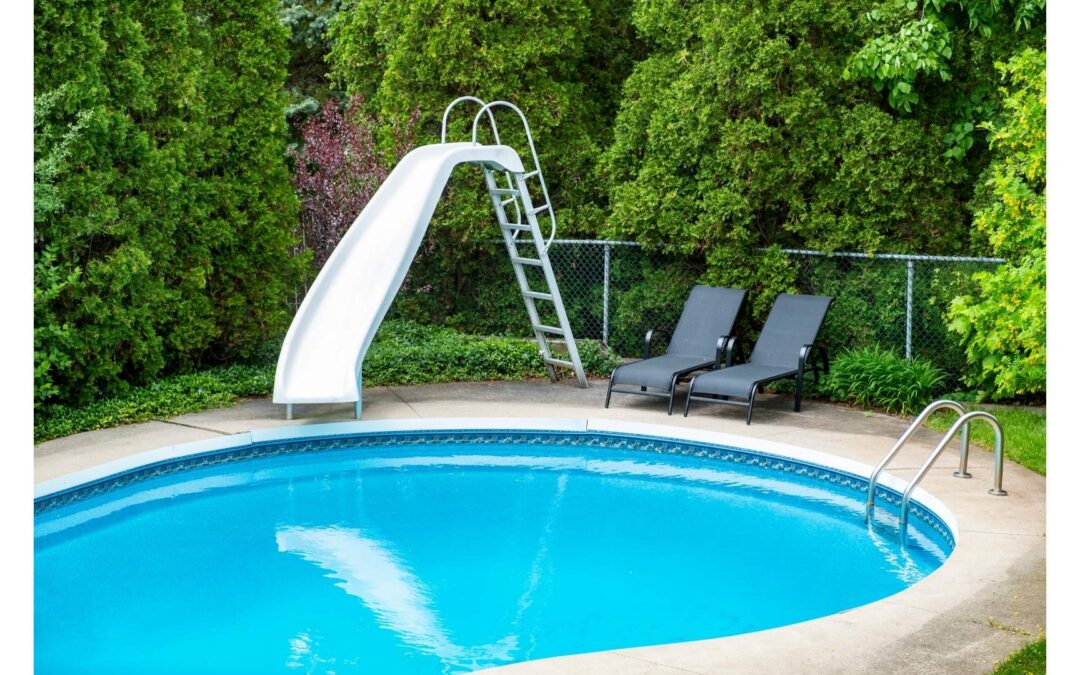The swimming pool is one of the biggest features of your home. Apart from offering a means to relax and get your cardio workout, the pool also enhances the aesthetics of your home. However, like your house, swimming pool inspection is very vital.
The recommendation is that you carry out an inspection of the swimming pool during the fall. That way, any issues can be arrested before they escalate. A fall inspection reveals any need for repairs.
If you contract a pool repair technician during the fall, you might save some money. Most people do their pool repairs in spring, so the pool repair companies are in high demand then and they might not give you a discount.
Before you hire a contractor for the job, you ought to know what a pool inspection involves.
What a home inspector checks for in pool inspection
A home inspector looks at many things in their pool inspection. Some of the things that the inspection includes are as follows:
Tile and decking
Relaxing and lounging take place on the decking that is constructed around the pool. If the decking and the tiles wear out, they need repair. The home inspector will start the inspection by looking at the two.
If the tile grout is worn out, water will get between the tiles and will cause extensive damage. Therefore, the grout needs to be reinforced again.
Immediately outside the pool, there is a small area that is called the coping. This area is important because kids love to sit on the edge of the pool with their feet inside the water.
After the coping comes the decking. It needs to be in great condition all the time. If there is chipping in the concrete, natural stone, or brick decking material, it can hurt the little ones.
Safety Measures
Safety around and inside the swimming pool is very important. The home inspector starts the inspection by ensuring that all electrical cables are located as far as possible from the pool. Water and electricity are a lethal combination.
They will also inspect the condition of the decking, the railing, the fencing, and even the latches that hook the gates in place.
Pool inspectors also know what kind of code you might be violating. While ensuring that you are adhering to the code is not part of their job, you could still ask them for advice.
The interior of the pool
All types of swimming pool inspections must include a check on the interior. This is very important, especially if the pool has a vinyl lining. If the lining develops a tear, it will start leaking water and that will further damage the lining.
Pool lighting
The pool lighting is vital for people that love swimming at night, especially in summer when the temperatures are too high during the day.
Because of the high humidity around the pool area, the lighting fixtures might develop condensation inside. They need to stay dry.
If some of the light bulbs show signs of damage, the inspector will note that. You could also be using the wrong light bulbs, thus paying high-energy costs.

